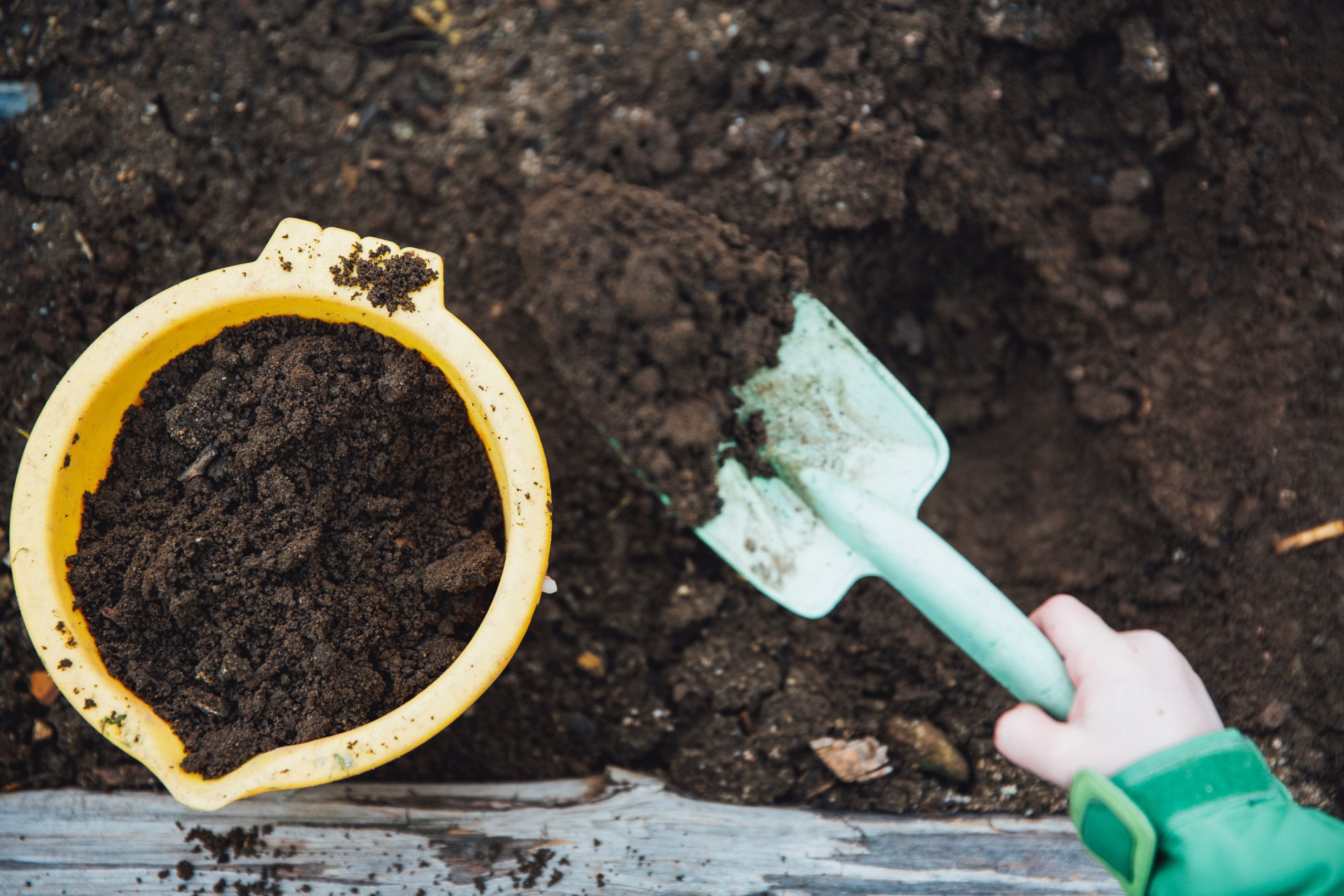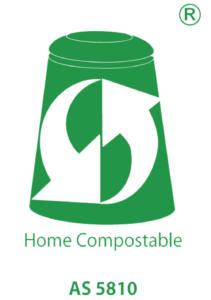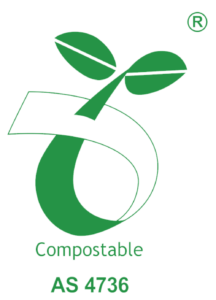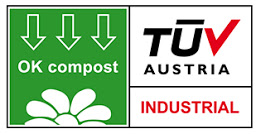
The benefits of Home Composting vs Industrial Composting
The benefits of home composting vs industrial composting
If you’re in the business of food, you’ve likely already made the switch to sustainable food packaging solutions. Recycling has been the gold standard for decades. It’s not always the optimal solution we’ve been sold, however. There are limits to the grades of plastics and other materials suitable for the recycling process, and there’s a limit to how often you can recycle the materials. Certain items such as “recyclable” coffee cups, for example, need specialised machines to recycle.
Recycling, for all its merits, is also a business. So unless there’s a demand for the product, there’s the risk of it ending up in a landfill anyway. For items to be recycled, they also have to be clean. This is why the alternative of industrial composting has emerged as a solution.
The benefits of industrial composting
Industrial composting has been touted as the better solution for businesses wanting to be part of the circular economy. Industrial composting facilities have a potentially significant role to play. They have specialised equipment (chippers, grinders, and mixers) that can break down food waste that isn’t suitable for home compost or landfill.
While meat, dairy and fish waste will compost along with other organic waste, as a residential or business solution, it’s not going to cut it because of the odours it emits and the pests it attracts. With commercial composting, animal products can be composted along with other easily compostable items.
With commercial composting, silos can turn and mix the organic material and temperature to manage moisture and airflow to optimise bacterial activity. They can also apply heat to the process, which will eliminate undesirable bacteria.
The curveball is the issue of logistics. What happens to the waste collected by a business once it’s time to dispose of it? Despite the hype and promises, a minimal amount of commercial compost is collected in Australia. The majority of commercial businesses don’t even have the correct bins. There’s a cost attached to that social responsibility too. The fee to have commercial compost collected is around $80 to $100 for a medium-sized bin. Even businesses
with the best intentions often cannot absorb this overhead. So, what’s the alternative?
The benefits of home composting
With industrial composting, the “sell” has been based on empowering businesses to divert their organic waste and compostable packaging from landfill. The problem is that although the commitment is there to invest in sustainable packaging, there’s not enough compliance in ensuring industrial composting facilities are used.
Using products that a “home compostable” compliant instead of “compostable”, you can solve this issue. Waste that is Home Composting compliant doesn’t require specialised collection. Any items suitable for home composting can be integrated into your home composting setup or go into a landfill where they will decompose.
How to tell if a product is certified compostable
So how can you go about selecting food packaging to give you peace of mind that it’s genuinely compostable? Looking for terminology that describes it
as “biodegradable” doesn’t tell the whole picture. Biodegradable purely describes the process of breaking down the material, which can mean they
are broken down into smaller fragments of microplastics and aren’t green at all.
To ensure a product is certified compostable, you need to ensure it will break down when exposed to oxygen and microorganisms and crucially leave no
toxic residues or microplastics behind.
Compliant products will either feature the registered logos issued by the relevant organisations or associated reference numbers. Here’s what to look
for on packaging if you are trying to confirm if it’s certified compostable:
Home Compostable Verification logo
Certification body: Australasian Bioplastics Association Home Compostable
What it means: biodegradability and compostability as per AS5810-2010 has been verified.
Compostable logo
Certification body: Australasian Bioplastics Association Seedling Logo
What it means: claims of biodegradability and compostability as per AS4736 has been verified.

OK Compost label
Certificaiton body: TÜV AUSTRIA
What it means: guaranteed to be biodegradable in an industrial composting plant. Compliant with EN 13432: 2000 the EU Packaging Directive (94/62/EEC).
